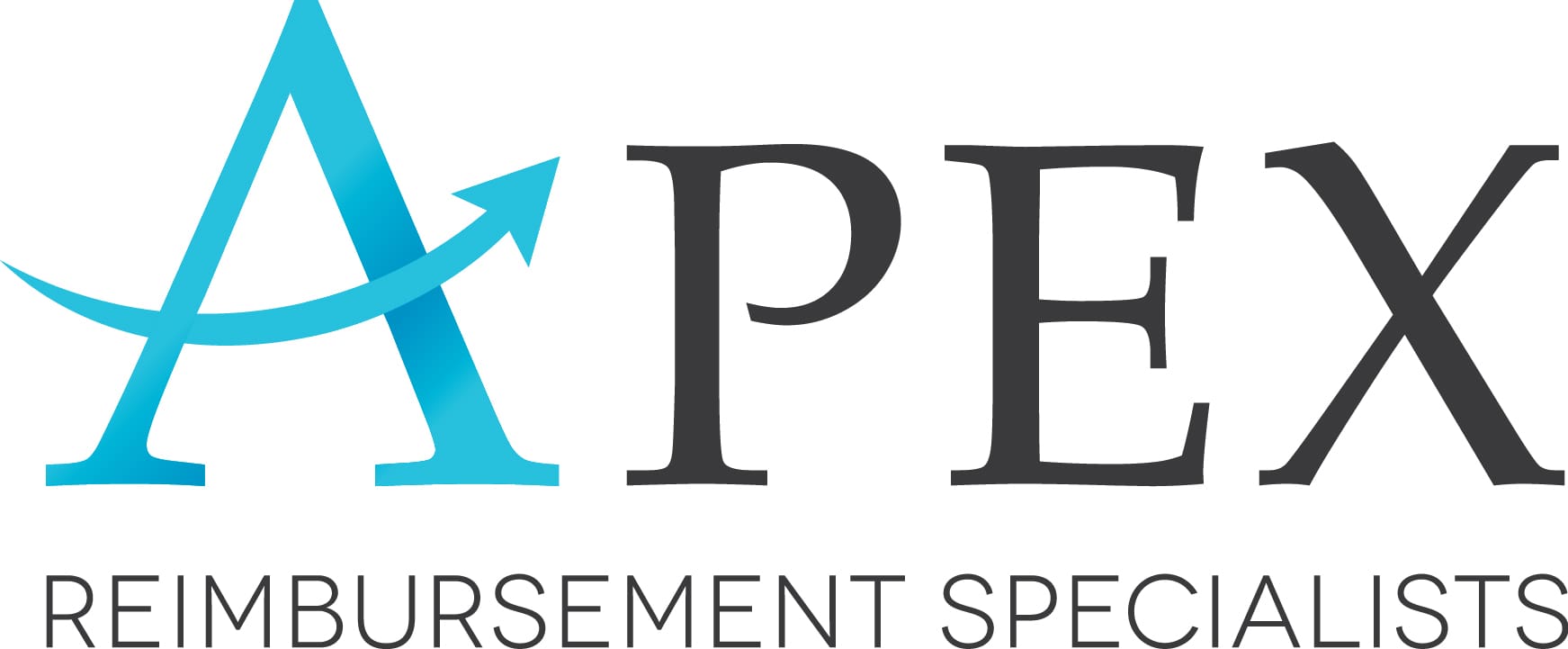The dental industry has seen a significant rise in consolidation over the past decade, with many dentists choosing to partner with a dental support organization (DSO). In fact, 13% of dentists were affiliated with a DSO in 2022. DSOs provide non-clinical support services like billing, human resources, marketing, IT, and procurement. However, joining one doesn’t come without potential downsides. What are the pros and cons of joining a DSO?
Reduced Administrative Burden
One of the most attractive reasons to partner with a dental support organization is the relief from administrative tasks. Managing payroll, compliance, billing, and vendor negotiations can be time-consuming and distracting. A DSO takes over these responsibilities so that you can focus on your patients instead. However, it’s important to know that you can also outsource many administrative tasks, like billing, without joining a DSO.
Different Brand Identity and Culture
When you partner with a dental support organization, your practice may undergo rebranding or be integrated into a larger network. This can change how your patients perceive your practice. For dentists who have worked hard to build a unique brand or good reputation, this can be a roadblock. Additionally, all DSOs operate differently. If your values and patient care philosophy don’t align with the organization’s, friction can occur. Before you partner with a dental support organization, it’s important to conduct due diligence to ensure a good cultural fit.
Opportunities for Growth and Development
DSOs have capital and expertise that could help your practice grow. Whether you want to open additional locations, acquire other practices, or expand your service offerings, a DSO can provide you with the necessary resources to do so. Additionally, many DSOs invest heavily in professional development. This can be particularly beneficial for younger dentists or those looking to stay current with the latest techniques and best practices.
Reduced Autonomy
A major downside when you partner with a dental support organization is the potential loss of autonomy. DSOs often implement standardized systems and procedures across their network, which can limit your ability to make independent decisions about things like staffing, scheduling, and treatment protocols. If you value complete control over how your practice is run, this can be a significant drawback.
Are There Any Other Considerations You Should Make?
If you’re seriously considering whether or not to partner with a dental support organization, take time to research and compare different DSOs. Speak with other dentists who have gone through the process, review contract terms carefully, and consult with a third party for advice. Don’t be afraid to ask questions about autonomy, branding, and long-term expectations to ensure you have a clear understanding of what the partnership entails.
It’s also a good idea to reflect on your personal long-term goals. Do you want to scale your practice quickly and focus primarily on clinical work? Do you prefer the independence and full ownership that come with running a solo practice? Are there ways that you could take undesirable tasks like billing off your plate without joining a DSO? At APEX Reimbursement Solutions, we’re here to support you and make sure you make the right decision for your business.
Grow Your Practice with APEX Reimbursement Specialists
If you are ready to explore the world of DSOs or want to explore outsourcing things like billing, APEX Reimbursement Specialists is here to help. Contact our team today by calling (410) 710-6005. We look forward to working with you to make your practice a more profitable place.

